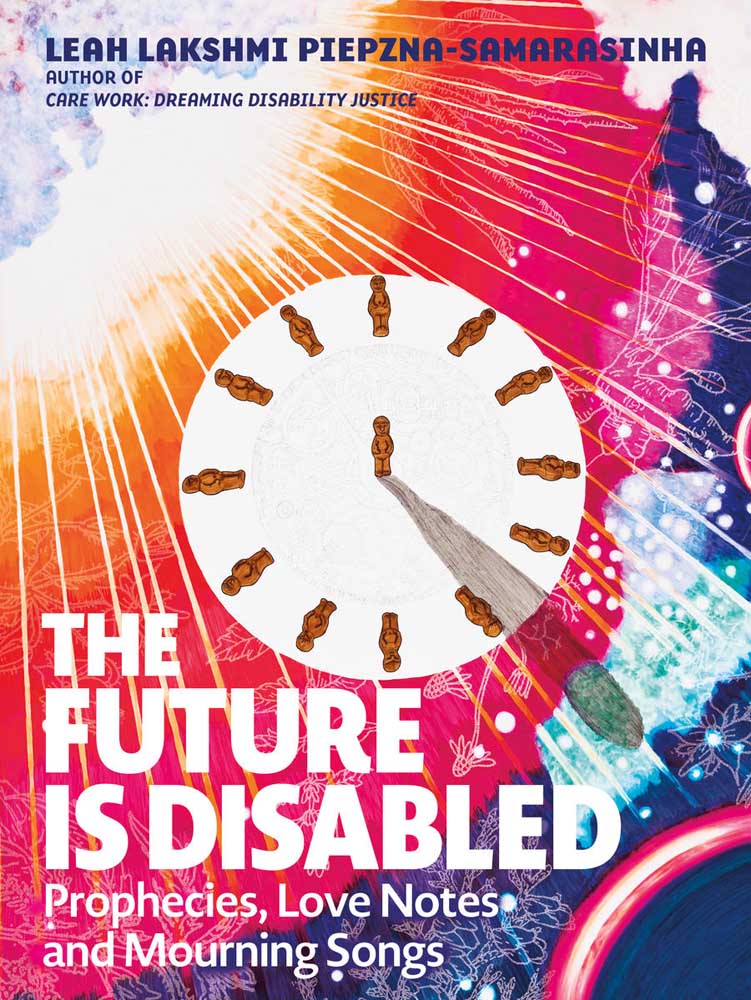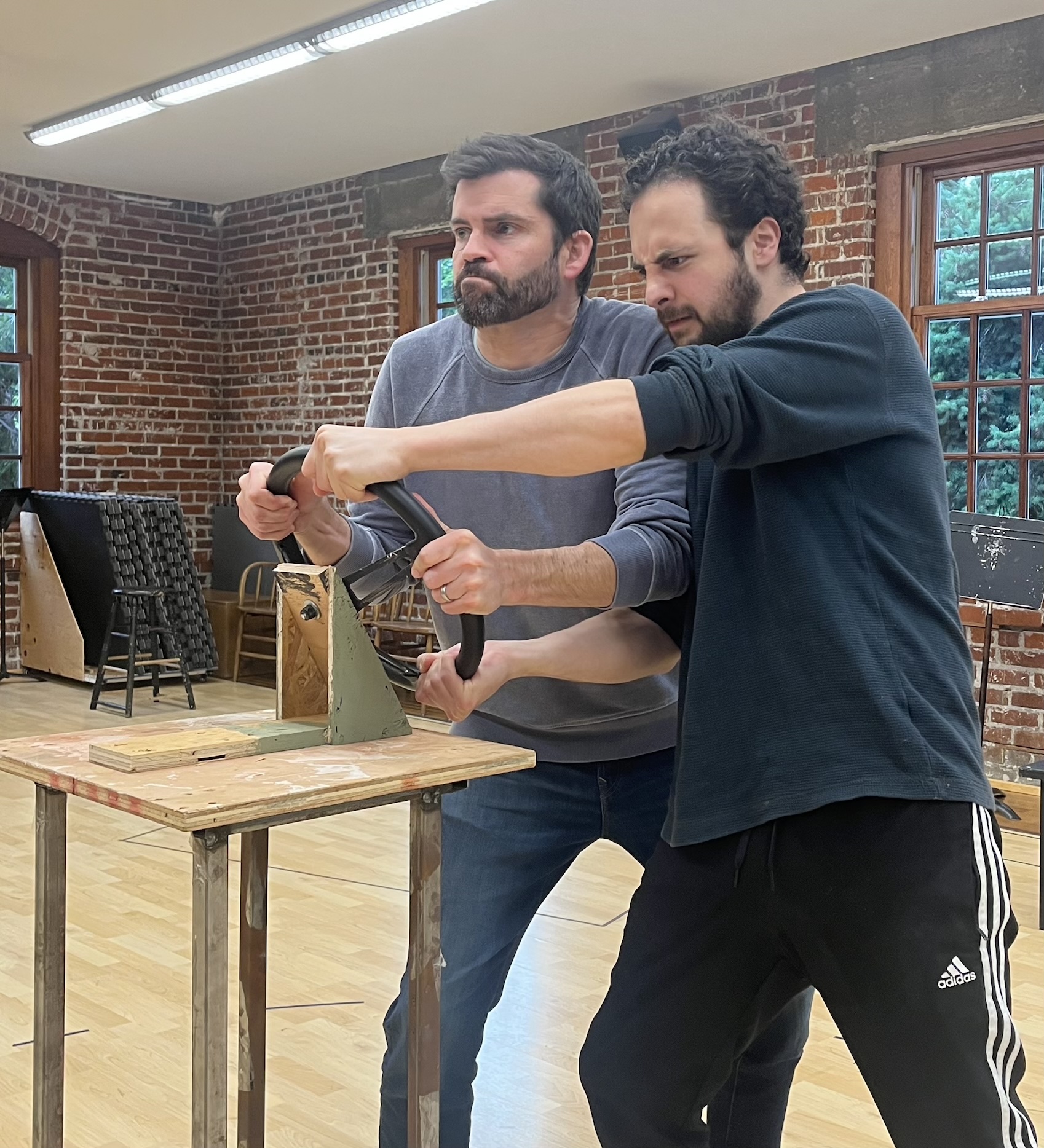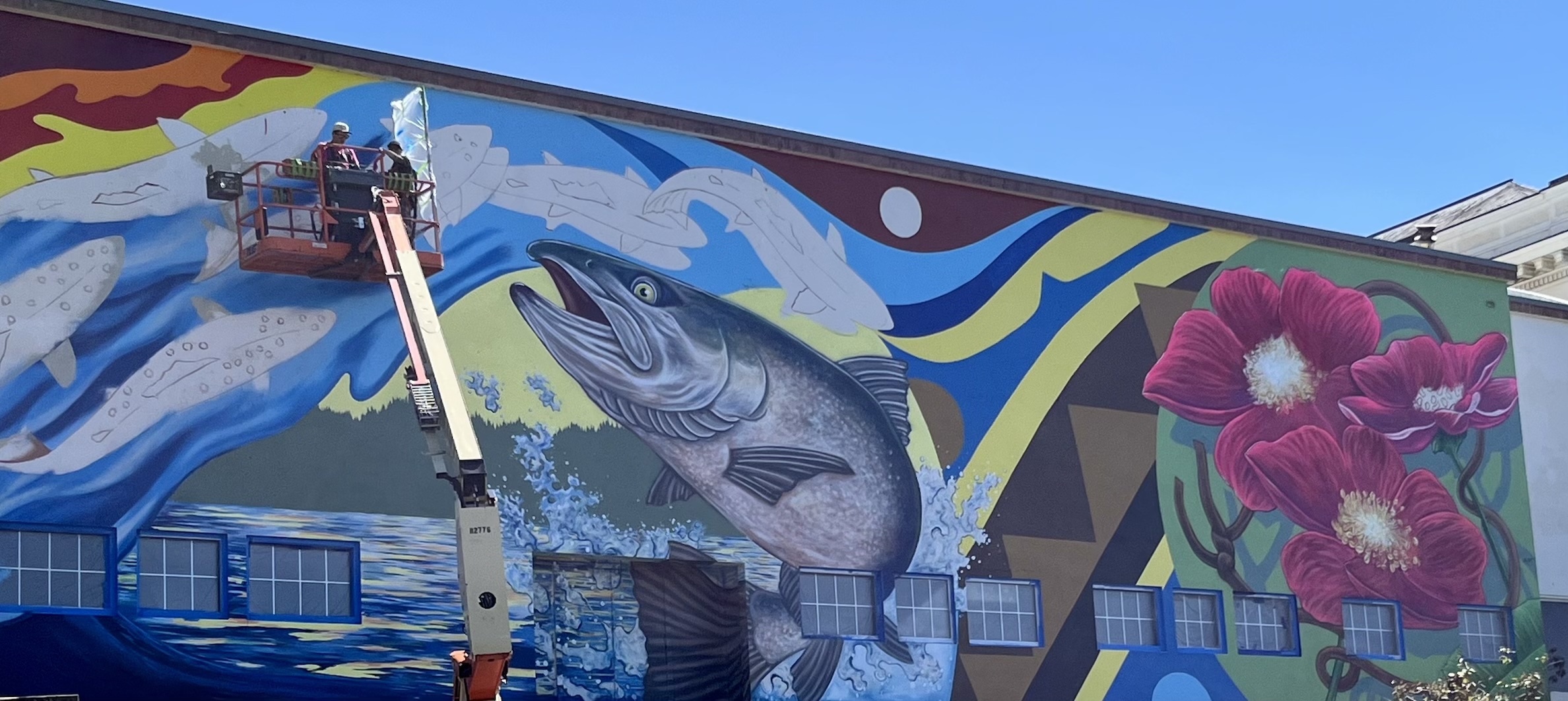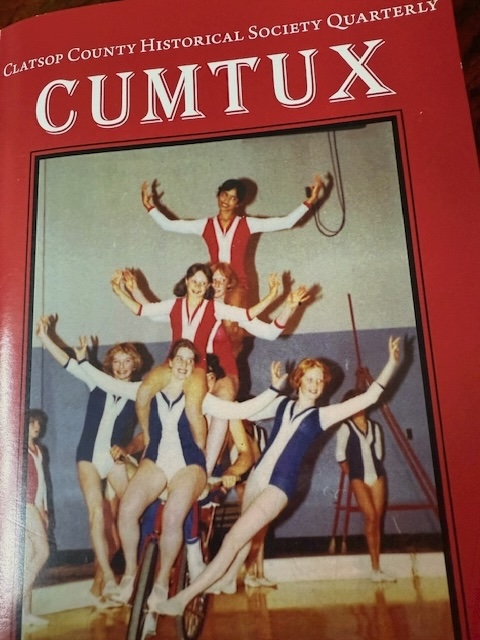Bookmonger: Disability as a source of power
Published 9:00 am Wednesday, October 19, 2022

- “The Future is Disabled” is by Leah Lakshmi Piepzna-Samarasinha.
“One of the foundational principles of disability justice is that nothing has to be the way it is.” Giving visibility to disabled people, Leah Lakshmi Piepzna-Samarasinha offers a manifesto, a guide, professions of love and grief in her scintillating new volume, “The Future Is Disabled.”
Trending
As a nonbinary, femme, immunocompromised and autistic activist of Burgher and Tamil Sri Lankan, Irish and Galician-Roma ancestry, Piepzna-Samarasinha roams through a boundless intellectual landscape as she writes about living on the perceived fringes of society.
“The Future Is Disabled” by Leah Lakshmi Piepzna-Samarasinha
Arsenal Pulp Press – 272 pp – $19.95
Trending
This book is about working for disability justice, “crip” interdependence and finding the “spoons” (energy) to build community, especially for disabled people of color.
But not just for them. The author warns that trends toward fascism globally and white supremacy in this country, combined with pandemic-related issues, climate change threats and economic instability, have the potential to render the majority of people disabled in various ways in the near future. In the United States alone, 30 million people already are living with four or more comorbidities.
Piepzna-Samarasinha wrote this book during the while living in pandemic-induced isolation in Seattle. It contains lessons gleaned from the ways the disabled community persisted throughout the pandemic in looking after one another. They formed care circles to deliver food and medicine. They improvised ways to make air purifiers, dry ice and adaptive devices, and made noise when it became apparent that medical rationing was leaving disabled people in the lurch.
“Us,” the author writes, “a whole lot of traumatized, pissed-off disabled people who were supposed to be the first people to die, who absolutely refused to be sidelined or forgotten about.”
And in the process, she adds, they were “archiving, caremongering, troubleshooting, crip doulaing a new world into birth.”
She talks about the importance of building a collective care strategy that employs a diverse array of tactics. And this can’t be just sunshine and lollipops – she emphasizes the necessity of creating “multi-fanged systems of interdependence.”
Piepzna-Samarasinha includes paeans to friends who did not survive the pandemic, lists for people who want to become change agents but don’t know where to start, a recipe or two, a gripe or two and loads of encouragement. “I want to transform this world so that it is not run by a death cult that wants to murder the land and most of us,” she proclaims.
“I want to defeat fascism and racist ableism and create a world where care, access, pleasure and human creativity get to flourish, where everyone has enough and no one has 50 billion dollars, and none of us live under the constant fear of being murdered by cops and doctors.”
This author’s voice is forceful and fresh. Her take on things is sometimes funny, sometimes achingly sad, and often furiously righteous. “The Future Is Disabled” has much to offer. Once you pick it up, it’s hard to put down. Just make sure you pick it up.









